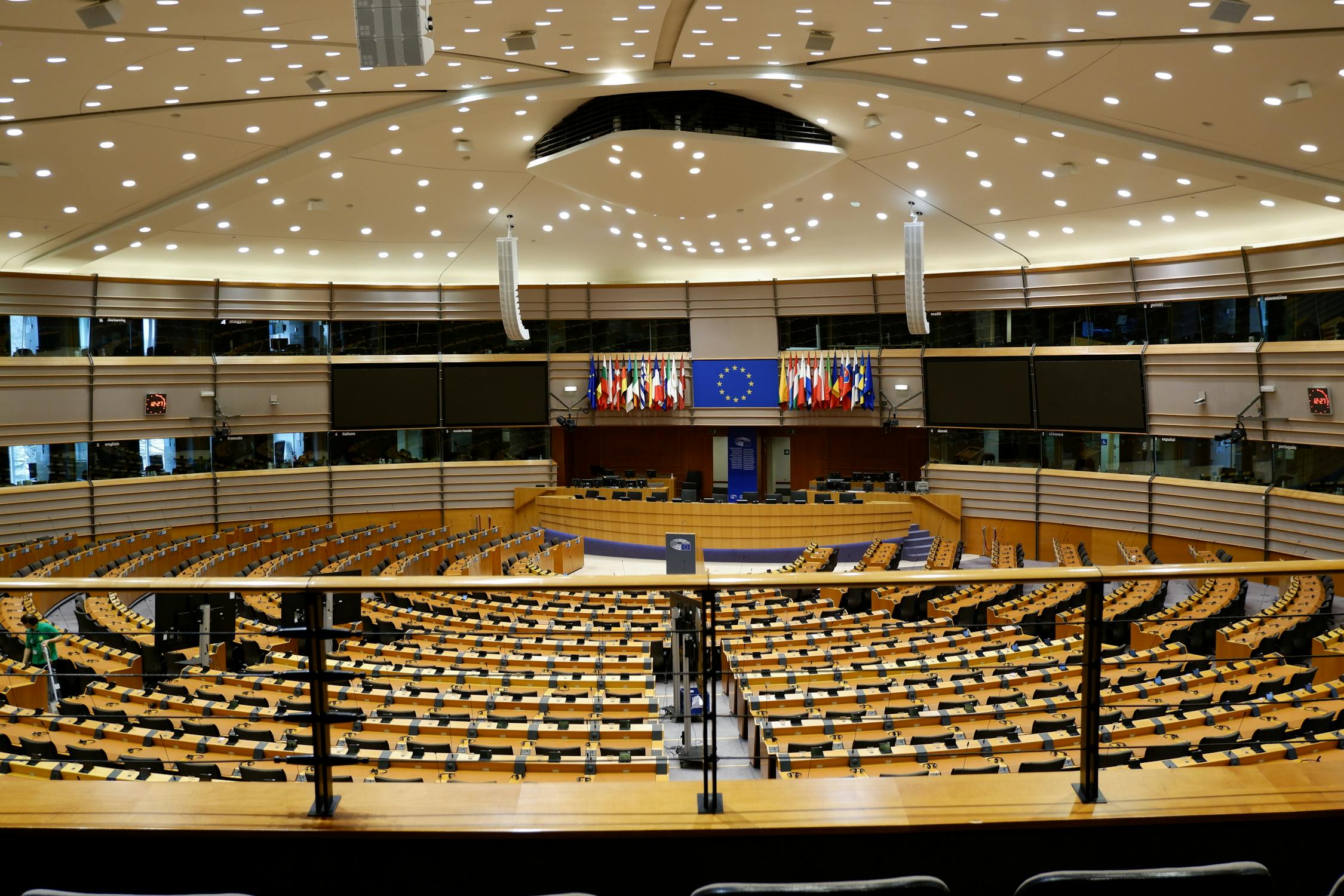
As part of its comprehensive efforts to combat unsustainable practices across industries, the European Union (EU) Parliament has taken a momentous step forward by adopting its negotiating position for revolutionary ecodesign standards. These standards are aimed at fostering longer-lasting products that are easier to repair, upgrade, and recycle, thus promoting a more sustainable and circular economy.
In line with its broader circular economy package, the EU Parliament's proposed law seeks to break the limitations imposed by design features on the lifespan of products. By removing these constraints, the EU aims to usher in a new era of eco-friendly and sustainable production.
A notable highlight of the proposed legislation is the introduction of a "product passport" system, designed to enhance transparency and empower consumers to make informed choices when purchasing goods. This initiative will enable shoppers to assess the environmental impact and sustainability of products, allowing them to support companies committed to eco-conscious practices. Numerous fashion brands have already tapped into this new concept, including the H&M Group, Target, Zalando, Chloé, Pangaia, Mulberry, Net-A-Porter and Armedangels.

Overwhelming Support for Revised Ecodesign Framework
The groundbreaking decision came after the majority of EU Parliament members (MEPs) voted in favor of revising the EU's ecodesign framework for sustainable products. This revision was based on a comprehensive report prepared by the Committee on the Environment, Public Health, and Food Safety (ENVI). With 473 MEPs supporting the proposal, 110 against, and 69 abstaining, the EU Parliament has demonstrated a strong commitment to the pursuit of sustainability.
Rapporteur Alessandra Moretti passionately voiced her support for the law, emphasizing the urgent need to move away from the detrimental "take, make, dispose" model that has long plagued the planet. She expressed confidence that the proposed legislation would not only benefit everyone but also protect the environment while respecting its boundaries.
According to Moretti, the shift toward sustainable products will empower consumers to save energy, facilitate easier repairs, and make environmentally conscious choices during their shopping experiences, leading to long-term cost savings for consumers.
Euratex Calls for Cohesion and Tailored Approach in Assessments
Although the proposal has been generally well-received, some industry bodies have expressed reservations. Euratex, representing 160,000 European textile companies, welcomed the initiative but expressed concerns over the EU Parliament's targeted approach toward the textile industry, as the legislation aims to be a comprehensive framework for all sectors.
Euratex urged the EU Parliament to consider legislative coherence concerning substances of concern and suggested addressing social sustainability aspects within the due diligence legislative framework. Regarding future ecodesign requirements for textiles, the industry body emphasized the importance of relying on reliable data and conducting thorough analysis and impact assessments. To ensure effective implementation, they propose developing textile-specific Delegated Acts in collaboration with relevant stakeholders.
As the EU Parliament embarks on talks with national governments to finalize the law's shape, the world eagerly anticipates the EU's continued leadership in promoting sustainability and environmentally responsible practices. With these transformative ecodesign standards and the introduction of product passports, the EU takes significant strides toward building a greener, more sustainable future for its citizens and the global community at large.